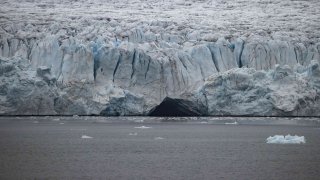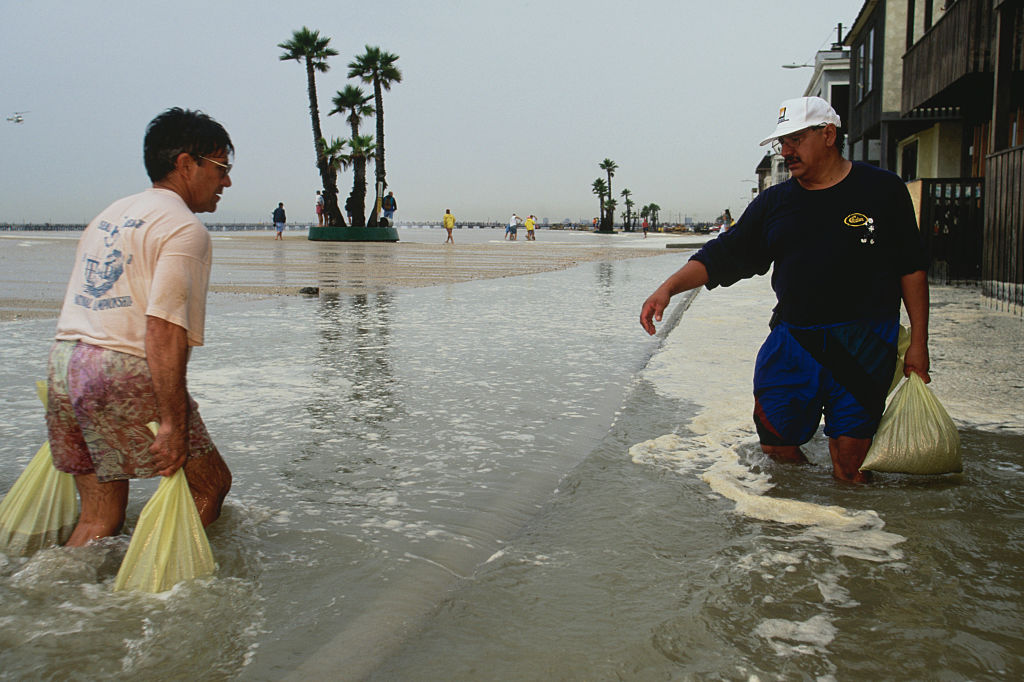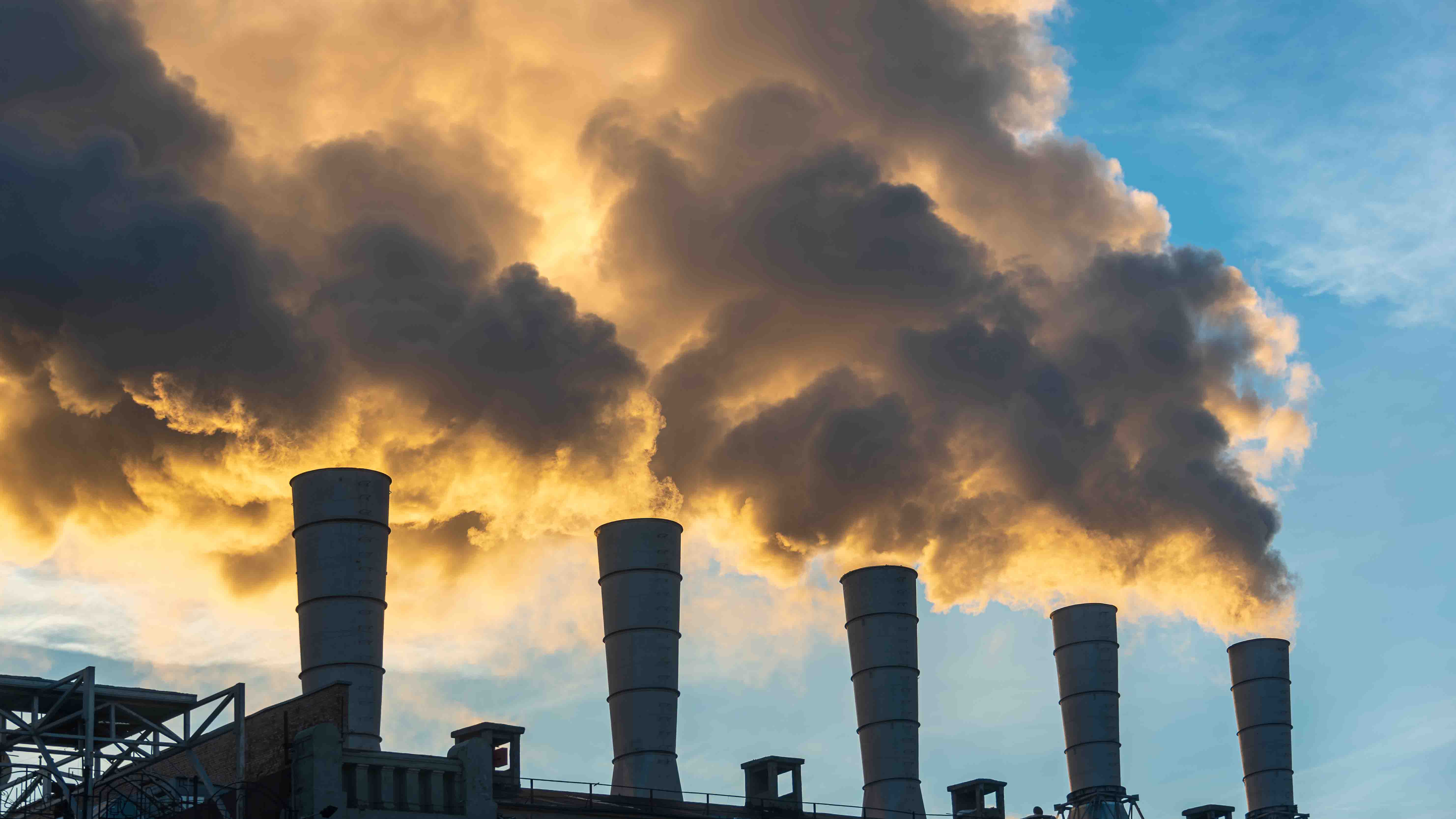
The Arctic could be without sea ice sooner than originally projected, according to new findings.
A study published Tuesday in the Nature Communications journal discovered that all sea ice could be completely melted for the month of September as soon as the 2030s. The scientists behind the study said that even if environmental and climate precautions are put in place, the Arctic could become ice-free in the summer during the 2050s.
By contrast, the UN Intergovernmental Panel on Climate Change said in its “Climate Change 2021” report that “the Arctic is projected to be practically ice-free near mid-century under intermediate and high GHG emissions scenarios.”
“We were surprised to find that an ice-free Arctic will be there in summer irrespective of our effort at reducing emissions, which was not expected,” Seung-Ki Min, lead author of the study and professor at Pohang University of Science and Technology in South Korea, told CNN.
Get DFW local news, weather forecasts and entertainment stories to your inbox. Sign up for NBC DFW newsletters.
The Nature Communications study analyzed Arctic sea ice changes from 1979 to 2019. The ice builds in the winter and progressively melts throughout the summer, regularly reaching its lowest point each September.
Once the Arctic becomes ice-free, it will be tougher to build back, Min said. Without ice already there, it will take longer for ice to build up through the winter before temperatures warm up again.
The effects of an ice-free Arctic could have further climate implications across the planet, too. Melted ice would give the ocean more heat exposure, causing additional warming. It would also create more shipping trade routes near the Arctic, further expanding the opportunities for emissions.
“This would affect human society and the ecosystem both within and outside the Arctic, through changing Arctic marine activities as well as further accelerating the Arctic warming and thereby altering Arctic carbon cycling,” the study said in regards to an ice-free Arctic.



